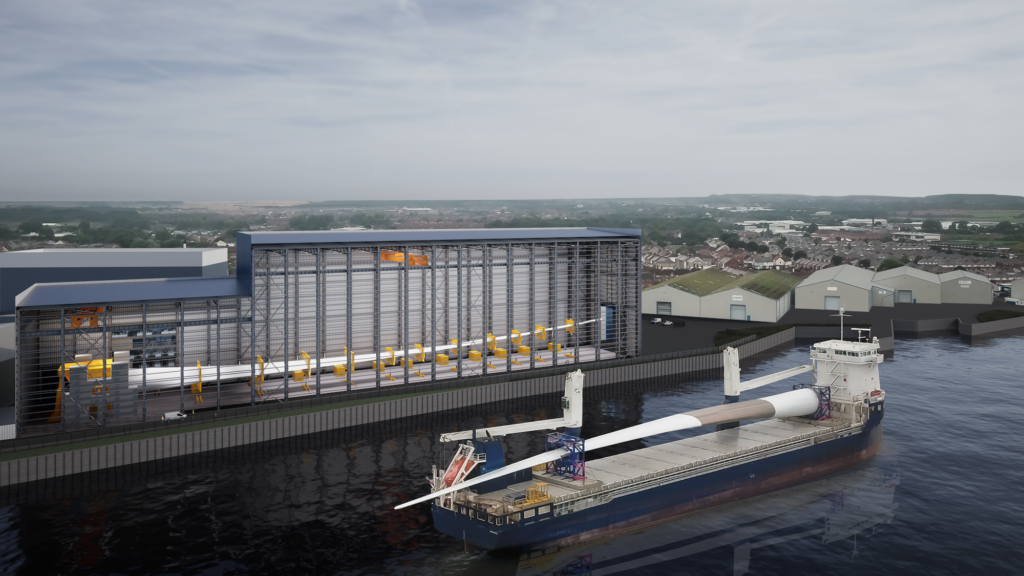
The new Government is very much at work. The King’s Speech this week mentioned many new bills that will be introduced, including one on English Devolution, referred to widely as the ‘Take back control’ bill, and a formal commitment to the new Council of Regions and Nations.
The approach of mission-led government, including the idea of growth everywhere, has moved us past the promise of levelling up, with which the last administration won its mandate back in 2019. Taking ‘levelling up’ out of the name of the department and putting ‘local government’ back in, as the Deputy Prime Minister has done, is to be welcomed.
Of course, the cross-government effort which preceded that false dawn of Levelling Up was one focused here, on the North East and the rest of the North. That was the Northern Powerhouse, and in many ways we have gone back to where we started over 10 years ago with that in the first two weeks of this government.
My critique of Levelling Up is not that its ambitions were wrong — in fact the Levelling Up White Paper was a very ambitious agenda. It’s just how it was implemented, with poor cross government co-ordination or commitment and a lack of economic focus.

Rishi Sunak, first as Chancellor and then Prime Minister, focused on announcing sweeties, otherwise known as funding competition winners. In the case of the Levelling Up Fund this often appeared to be trying to reward places in the so-called Red Wall for voting Conservative, like the towns fund before it.
The issue with this is that for many, many years governments have tried to buy a few votes with a cynical decision here or there — but it is not to be confused with long term investment that increases productivity sustainably.
These decisions are not easily tied to one constituency, nor are they shovel ready, and so are always missed out by the partisan approach — which in this case was executed so haphazardly it didn’t win any votes anyhow.
- Read more: Power and strength in yourself
- Read more: Kynren all set to work its epic magic
The difference compared with how George Osborne behaved as Chancellor is marked. When he was first working with Greater Manchester, or through his colleague in the coalition days Greg Clark as cities minister with my then colleague Nick Forbes at Newcastle City Council, electoral considerations were the furthest thing from their minds. They wanted to focus on growth — which this week, as a Labour Government makes the same case, largely operating in a similar way, shows continuity.
Levelling Up is the part of the story which doesn’t fit. That was the period when government lost its way, turning towns and cities against each other. In reality there is no better future for Blyth without Newcastle, and the work happening in Blyth at the Catapult in offshore energy is undoubtedly benefiting the research ecosystem in universities based back in the city.

The opportunity here in the North East is huge for growth of course. We are still behind London in productivity terms, but if you take the new combined authority for the North East and Tees Valley areas together, the GVA growth per hour worked from 2004 to 2022 has gone up 15.3 per cent, more than double what London has achieved in terms of growth.
We can only imagine if One North East had kept going, the most successful of the Regional Development Agencies of England before it was abolished, what more could have been achieved.
In Greater Manchester, where devolution had emerged from closer local collaboration and has developed more quickly the growth there has outpaced this region. Now, with Kim McGuiness as Metro Mayor overseeing a trailblazer deal, her North East region has largely the same tools as Manchester and its wider region across the Pennines.
In Keir Starmer’s first two weeks we have seen the mayors brought in to Number 10 with a commitment to a new way of working across central and sub-national government in England, and now legislation to back up the commitments made in opposition.
Just as Newcastle did a growth deal with Greg Clark over a decade ago, now the wider North East will write its growth plan. I know that it will be ambitious. It will account for how inequality in health and education is a drag on productivity, and how low wages as a result of lower productivity make it harder to change living standards and life chances.
The North East can again determine its own future. Many of us, part of its story in recent decades, wish those leading it now all the best, and will do everything they can to help it achieve its huge potential.











